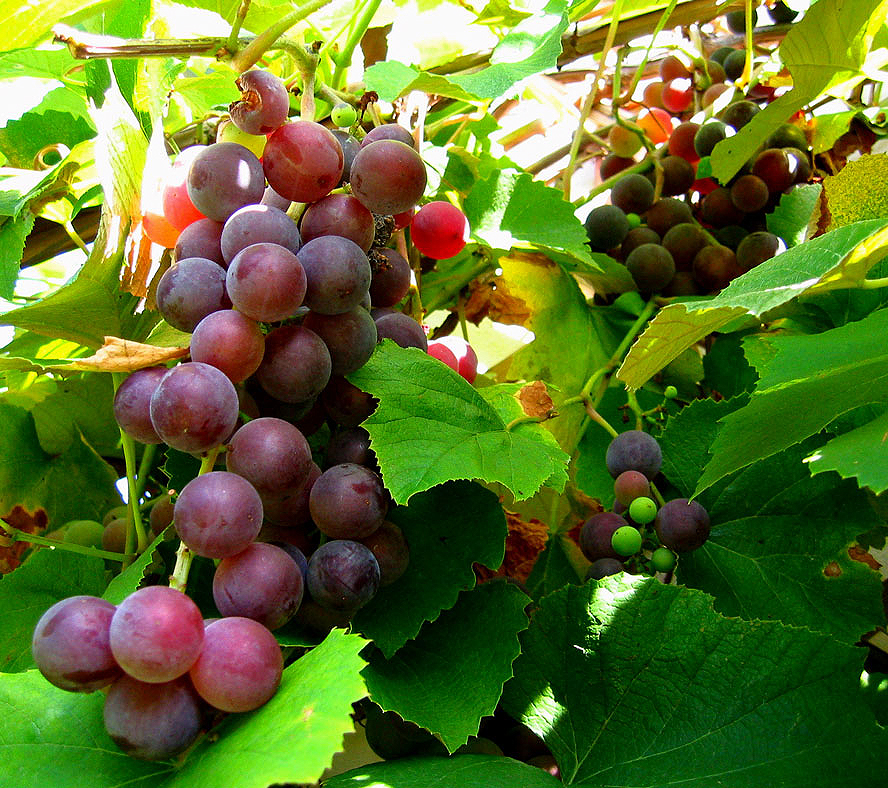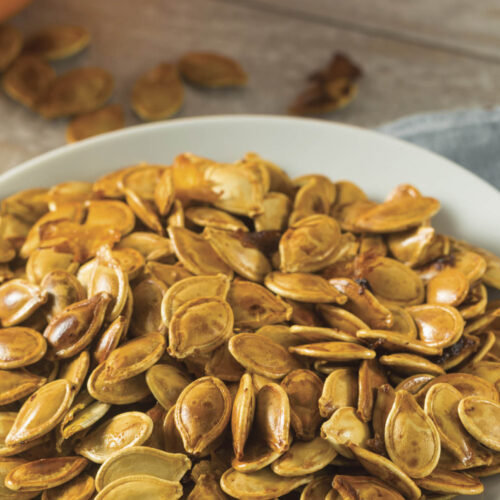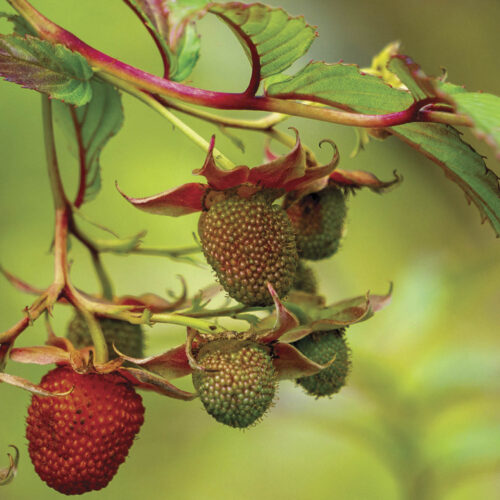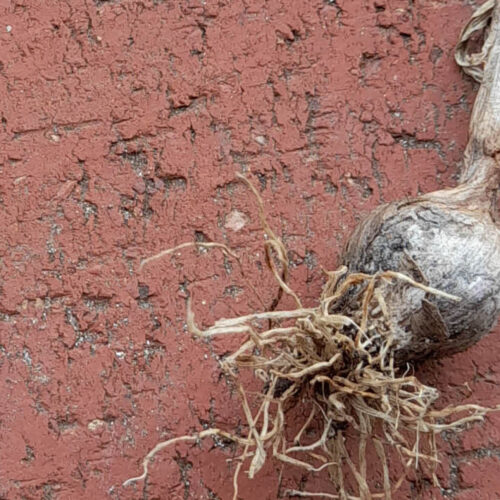Isabella Grapes Save the Day
2011-11-17T02:31:08+11:00
With his grape crop ruined by last summer's record wet season, JUSTIN RUSSELL pins his hopes on a mildew resistant heirloom variety to make an annual batch of verjuice.
Last summer was a shocker for growing grapes. It was so persistently wet and humid that all across the country, mildew got the better of even the most disciplined organic growers, and millions of bunches simply rotted on the vine.
I’m hoping for a much better crop this summer. Three of the four varieties I’ve got growing in the garden were cut back severely in winter, and are just starting to re-establish themselves, so I’m pinning all my hopes on a single vine. Thankfully, it’s the heirloom variety ‘Isabella’, and I’m pleased to report that she’s covered in tiny bunches of immature fruit.
Some growers refer to Isabella as a dual purpose grape, and indeed, many backyarders use her for a variety of purposes. She makes an acceptable wine, delightful jam, and is eaten fresh as a table grape. Isabella has the unfortunate habit, however, of ripening progressively. On a single bunch you’ll have some fully ripe grapes, some half ripe and some green, so it can be tricky to work out when to harvest.
In my view, there are better table varieties available (such as Sultana and Crimson Seedless) so we primarily use our Isabella grapes to make verjuice. If you’ve never heard of it, verjuice (or verjus) is the simply the juice of grapes picked at “veraison”, the stage in the ripening process when grape skins change colour from green to red. At this point the grapes have reached maximum acidity, and for those not familiar with verjuice, mild acidity is the name of the game.
Ian Henderson, a self-proclaimed “acid dealer” (the good kind!) from Ballandean on the Granite Belt, recommends using verjuice as a fruitier, less acidic substitute for vinegar or lemon juice. It’s perfect for deglazing, marinating, and adding richness to sauces and dressings. My wife Kylie has gone made for the stuff. She simply takes the under-ripe bunches of Isabella grapes and juices them, then bottles about half of the verjuice and freezes the remainder in ice cube trays for later use. It’s an easy way of using under-ripe grapes that might otherwise succumb to powdery mildew later in the season. And it’s oh so delicious.






